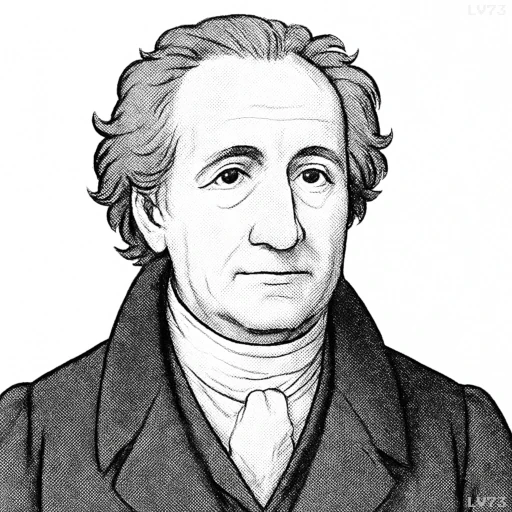“The world remains ever the same.”

- August 28, 1749 – March 22, 1832
- German
- Poet, playwright, novelist, philosopher, politician
table of contents
Quote
“The world remains ever the same.”
Explanation
Goethe reflects on the constancy of the world, suggesting that despite the changes and fluctuations that occur in human lives—through time, society, or personal experience—the fundamental nature of the world itself remains unchanged. The world’s laws, patterns, and cycles continue to persist, regardless of human efforts to alter or control them. This observation evokes a sense of both stability and inevitability. While individuals and civilizations may come and go, the world in its larger, universal sense remains eternal and constant.
Historically, this idea connects with Goethe’s belief in the unchanging nature of nature and the philosophical ideas of eternity and universal laws that transcend the human experience. This sentiment is similar to the classical notion that the natural world and the cosmos operate according to immutable principles, unaffected by human desires or actions.
In modern contexts, this concept is still relevant, especially in the face of global challenges and societal change. While we may see political, social, or technological changes on the human level, the natural world continues with its cycles—the changing seasons, the rising and setting of the sun, and the growth and decay of life. It reminds us that, while we are immersed in the details and conflicts of daily life, the larger world remains rooted in eternal principles.
Goethe’s words encourage us to reflect on the larger forces at play, beyond human control or influence. Time may move forward, and human history may evolve, but the world itself, in its fundamental essence, remains eternal, indifferent to the passing of individuals and eras.
Would you like to share your impressions or related stories about this quote in the comments section?



